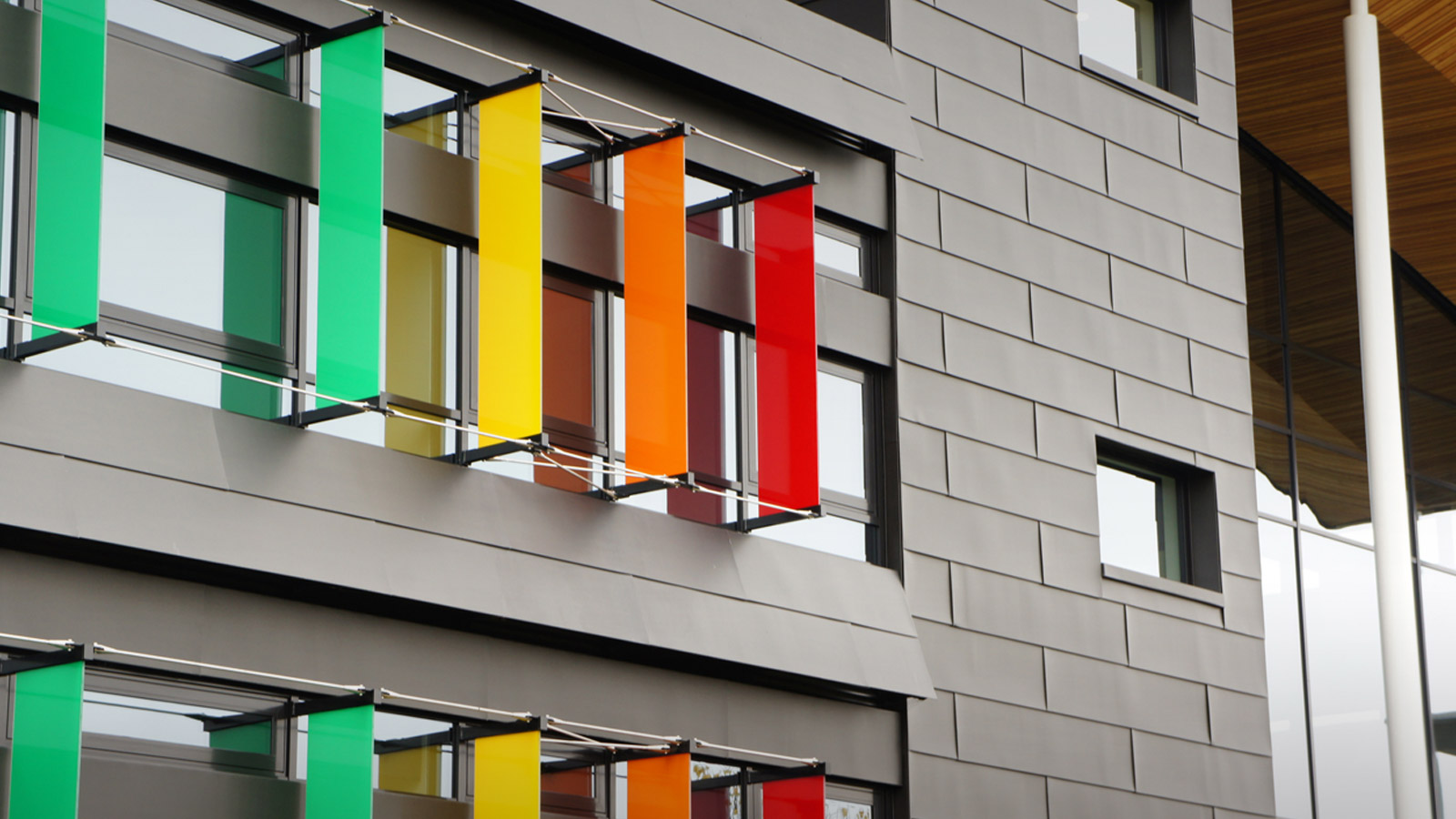The University of Cambridge Department of Materials Science and Metallurgy has begun celebrating its centenary, starting with a commemorative event looking back over the history of materials at Cambridge.
The history of the Department can be traced back to the generous donation of the Worshipful Company of Goldsmiths that resulted in the opening of a laboratory dedicated to “the study of metallurgy” on 5th October 1920.
Professors Ruth Cameron, James Elliott, and Jason Robinson Co-Heads of the Department introduced the online event, noting that it is a truly a great time to be part of the University of Cambridge’s Department of Materials Science and Metallurgy.
They looked back fondly on notable historic achievements in the field with Professors Lindsay Greer, Sir Harry Bhadeshia, Sir Tony Cheetham, Sir Colin Humphreys, and Manish Chhowalla — while simultaneously showcasing the exciting future of Materials teaching and research with Drs Rachel Evans, Louise Hirst, Bartomeu Monserrat, and Malavika Nair.
As part of the event, Goldsmiths’ Professor of Materials Science, Manish Chhowalla who is also Royce Champion at Cambridge, gave an insight into the University’s vibrant 2D materials academic community, highlighting the history of research in this area – even before it was considered “fashionable”.
He set out the role of the Royce and the importance of 2D materials research as an enabler within the UK’s energy transition – particularly in relation to “clean hydrogen”, the rapid charging of battery electrodes and low power electronics.
This fantastic launch event can be found on YouTube.



